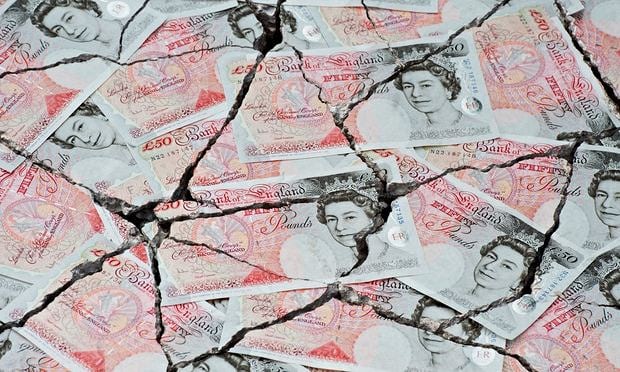Abdelmamoud v The Egyptian Association in Great Britain Ltd
We have achieved a superb win against Herbert Smith Freehills LLP, which has the prestigious calibre of being a Silver Circle law firm, being one of the best law firm’s in the world, at the Court of Appeal of the High Court RCJ Strand, the case being published with neutral citation Number: [2018] EWCA Civ 879. ( white book will be updated accordingly). The case was reported 6 June 2018, and published in the Times, see: https://www.thetimes.co.uk/article/persons-directly-affected-by-judgment-against-company-t3rm3fglp The case was heard before three Lord Justices, HHJ Mr Justice Newey gave the Judgment and HHJ McCombe and HHJ Longmore agreeing. The Appellants were represented...
Continue reading



